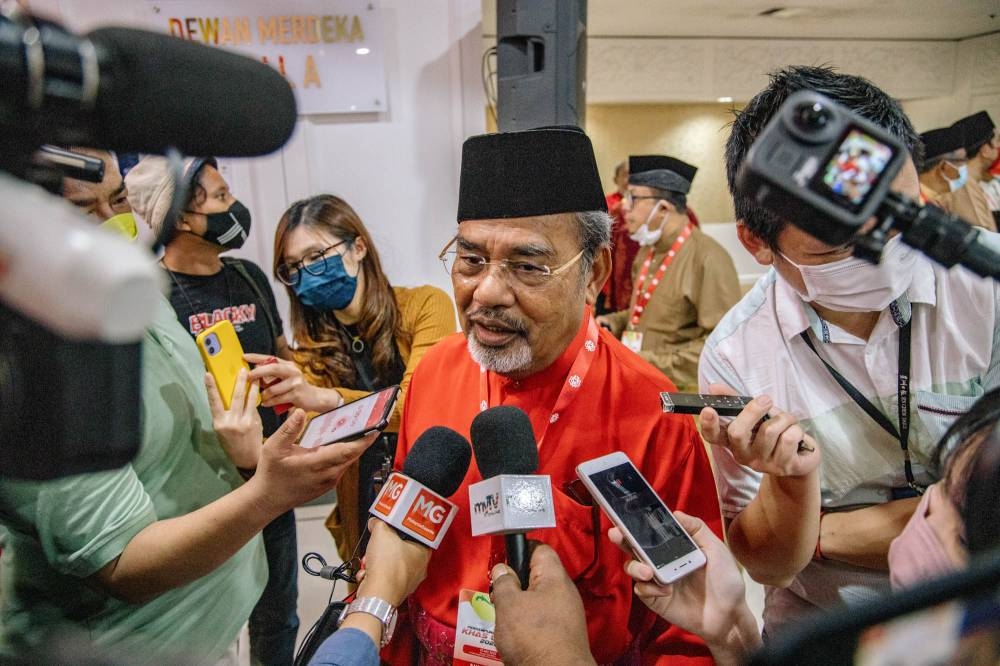MAY 22 — More than a century ago in December 1921 French scholar and diplomat Jean-Jules Jusserand delivered a presidential address before the American Historical Association.
He was a noted Middle English literature scholar and, significantly, the French ambassador to Washington, DC since 1902.
He was the ambassador under five United States presidents beginning with Theodore Roosevelt.
By his own admission, he had had a long career in ambassadorship, which he called a profession. At the presidential address, he reflected as follows:
“The war of 1870 determined my choice; too young to enlist, at school while the older boys had joined the army... We heard our professors tirelessly repeating that our ignorance, and especially our ignorance of foreign countries, had been our bane.
“I took degrees in law, literature, and science, and was studying a variety of other matters besides, when my family remonstrated, declaring: This cannot go on, you should select one special profession; we leave you alone this afternoon; when we return you must have made your choice.
“When the family returned, I had made up my mind, and shortly after, having reached the necessary age, I passed the competitive examination and entered the profession.”
According to Jusserand, the profession is “of very ancient lineage”, which reached such prominence in the fifteenth and subsequent centuries that it became the subject of numerous treatises in Latin, French, Italian and Spanish.
He did not mention it in English!
Be that as it may, in the numerous treatises “was taught and described the art of diplomacy, the functions of the ambassador, the qualities the man should possess, the means he should resort to and abstain from, with hints as to his dress, his table, his manners, his talk, his secretaries and servants, his wife and whether he had better take her with him, his rights and privileges, the subject and style of his letters, and many more topics: a complete schooling.”
Manuals of the perfect ambassador were especially numerous in the sixteenth and seventeenth centuries, with some excellent ones – the works of Rosergius, Barbaro, Dolet, Braun, Danes, Maggi, La Mothe-Le-Vayer, Tasso, Paschal, Hotman, Gentili, Marselaer, Vera de Quniga, Bragaccia, Germonius, Wicquefort, Rousseau de Chamoy, Callieres, Pecquet, and a host of others. (See J J Jusserand, “The School for Ambassadors”, The American Historical Review, Vol. 27, No. 3 (Apr., 1922), pp. 426-46).
Those names are foreign to me, but should not be to those belonging to the profession.

Given the fierce criticism of the recent appointment of Datuk Seri Tajuddin Abdul Rahman as the country ambassador to Indonesia, did we miss the centuries-old treatises on, and manuals of, the perfect ambassador?
*This is the personal opinion of the writer and does not necessarily represent the views of Malay Mail.





















